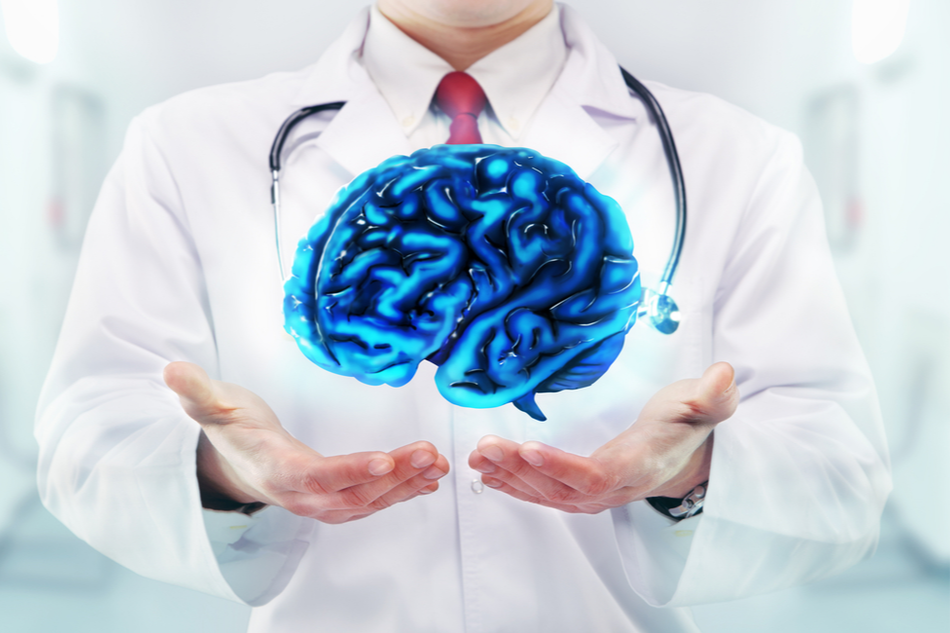Binge drinking in teenage years has been shown to cause damage to neuron formation and plasticity in the hippocampus, a region of the brain critical for learning, memory, and development. This is only one of the major concerns about heavy alcohol use during the formative years. But, there may be a new use for a current drug that shows promise. Donepezil, a drug usually used to slow cognitive decline in patients with Alzheimer’s, has been shown to be effective at reversing some of the negative symptoms of heavy alcohol use.
In experiments on laboratory rats, the drug improved the brain’s ability to lower inflammation and produce new neurons. While this discovery is far from a cure-all for the host of issues associated with binge drinking, it can bring some peace of mind to those who may have over-indulged in their teenage years. Just in time for the start of the Fall Semester!










